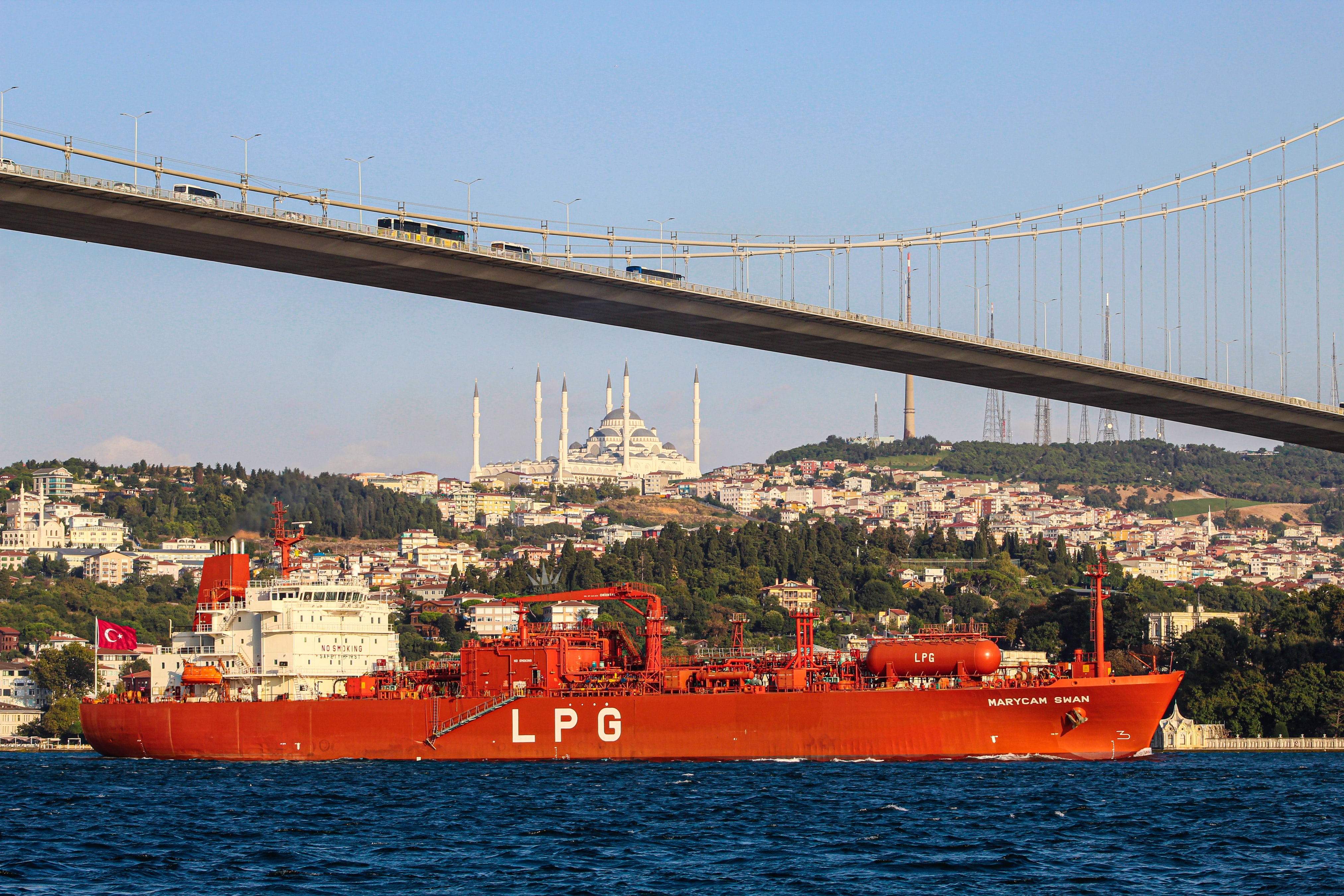Quick Summary
Natural gas is an incredibly versatile fuel--providing low-cost, clean residential heating; low-cost, clean "industrial process heat"; and low-cost, highly controllable and reliable clean electricity.
While natural gas used to be so hard to get that the US imported it, thanks to fracking and other shale energy technologies, the US now has a virtually limitless supply of low-cost, reliable, versatile, clean natural gas.1
Between 2008 and 2018 fracking natural gas added 17 times more energy to the US than all solar panels and wind turbines combined. And that’s 100% reliable energy, unlike the unreliable energy from solar and wind that needs constant backup from...fracked natural gas.2
One of the best things American energy producers can do with our endless natural gas supplies is to export natural gas to places that need it. There are 800 million people who have no electricity and the 2.6 billion people still using wood or dung for heating and cooking.3
The key to exporting natural gas is LNG--liquefied natural gas. By cooling natural gas to very low temperatures, we can turn it into a liquid that can be easily and cost-effectively transported nearly anywhere in the world.
The world wants US natural gas and American companies want to build the LNG facilities to get it to them. But our government is strangling progress with an onerous and irrational permitting process.
LNG export facilities are burdened not only by standard, onerous state and federal permitting requirements in need of reform, but also requiring additional approval by the Department of Energy--which can take years.
Fortunately, there is proposed legislation that would expedite permitting for LNG exports: the “Natural Gas Export Expansion Act,” introduced by @AugustPfluger, which would allow expedited LNG approval for any country except those determined to be national security threats.4
There is no good reason for opposing expedited permitting of LNG. Those who complain about LNG's emissions ignore the fact that if we don't export LNG, it will be substituted for by higher-emissions Russian LNG or by coal.5
It's time to liberate LNG, first with the "Natural Gas Export Expansion Act," and then with broader permitting reform that will enable American companies to compete--instead of being strangled by endless costs and delays.6
References
-
Between 2008, when the shale gas production took off, and 2018, US shale gas development produced an estimated total of 126,677 billion cubic feet or over 130,000 trillion Btu (using the conversion factor 1 cubic foot of natural gas = 1,037 Btu).
U.S. Energy Information Administration - Shale Gas estimated productionUS electricity generation from solar and wind from 2008 to 2018 was 2,090,690 gigawatt hours or over 7,000 trillion Btu (using the conversion factor 1 kilowatt hour of electricity = 3,412 Btu).
U.S. Energy Information Administration - Electricity Annual, Table 3.1.B. Net Generation from Renewable Sources: Total (All Sectors), 2008 - 2018This means shale gas production created about 18 times (or 1,800%) as much energy for the US as did solar and wind combined.↩
-
IEA - Access to affordable, reliable, sustainable and modern energy for all↩
-
Congressman Pfluger Introduces Bill to Expand Liquified Natural Gas Exports↩
-
National Energy Technology Laboratory - LIFE CYCLE GREENHOUSE GAS PERSPECTIVE ON EXPORTING LIQUEFIED NATURAL GAS FROM THE UNITED STATES: 2019 UPDATE↩
-
Congressman Pfluger Introduces Bill to Expand Liquified Natural Gas Exports↩
